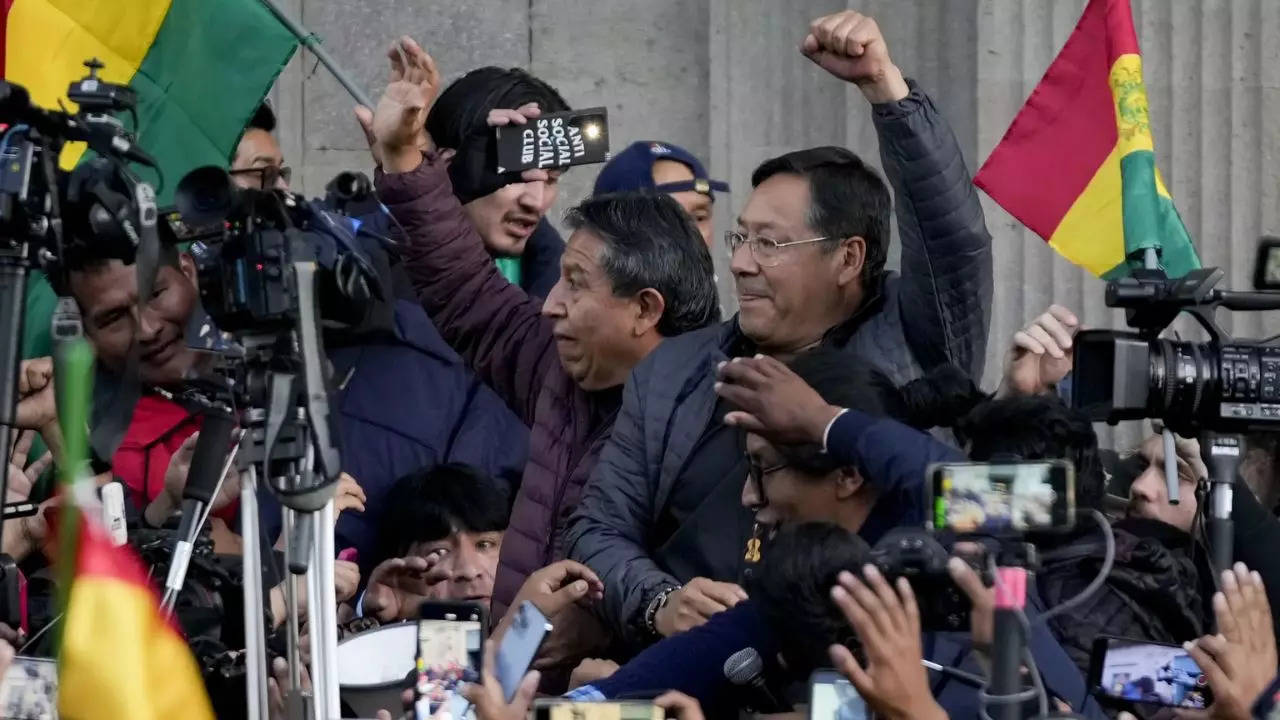The moment of truth for Qatar’s ability to host the World Cup, after years of failed attempts and criticism of labor rights and strict laws, has arrived.
Difficulties began to mount as early as December 2010, when it was announced that Qatar would host the final amid a storm of international criticism.
“It is clear to me: Qatar is a mistake; Bad choice,” Sepp Blatter, former president of world soccer’s governing body FIFA, said last week.
Always held during the closed season in most leagues, it was difficult to maintain such a schedule when temperatures reached over 45 degrees Celsius during the scorching summer in Qatar.
Two studies conducted by FIFA in 2014 and 2015 were enough to conclude that the tournament could not be held in June-July, leading to the postponement to November and December.
The construction of the new stadiums has seen many controversies over labor rights, amid media reports that thousands of foreign workers have either died or suffered ill-treatment.
Qatar responded by changing its labor laws to curb global frustration.
In addition, Qatar’s strict Islamic laws against LGBT rights and alcohol consumption have faced yet another storm of criticism.
Sheikh Tamim bin Hamad Al Thani, the emir of Qatar, told the United Nations General Assembly last September that his government was ready to welcome everyone from around the world without discrimination.
Qatari Olympic high jump champion Mutaz Barshim, a FIFA World Cup ambassador, said the tournament was an opportunity to bring people together.
“The World Cup will have a positive impact on our society by showcasing our culture to the world and helping people form friendships and build networks. This is a great opportunity to change negative perceptions of the region and create new and meaningful ties,” he said in an interview with the Qatar 2022 website on Wednesday.
Qatar will become the first team since Italy at the second World Cup in 1934 to host the finals for the first time without having previously qualified for the tournament.
To avoid a fate similar to that of Switzerland, Chile and South Africa, who hosted but were knocked out of the finals at the group stages in 1954, 1962 and 2010, Qatar’s team has prepared thoroughly for the tournament.
It all started with the appointment of Spanish coach Felix Sanchez in 2017, whose knowledge of the region helped him lead Qatar to the 2019 AFC Asian Cup title, winning every match in the process.
Sanchez’s men raised eyebrows with a string of notable performances, including a 3-1 defeat by Japan in the final.
The team continued their preparations by facing the best teams in South America, participating in the 2019 Copa América.
However, the experience proved too much for the team as they finished last in their group after defeats to Colombia and Argentina and a draw against Paraguay.
Qatar, similarly and by special request, took part in last year’s CONCACAF Gold Cup, where they showed improvement by topping their group and defeating El Salvador in the quarter-finals before losing 1-0 to the USA in the semi-finals.
The team will be under pressure from the fans to achieve the desired results on home soil, especially after the decision of the Qatari FA to not allow their players to play for their national clubs from the start of the current season in order to focus on preparing for the finals.
Key statistics and facts:
* The World Cup hosts have never lost their opening game.
* Qatar are automatic hosts, but the Gulf nation also proved their worth by winning the 2019 Asian Cup.
* Striker Almoez Ali was Qatar’s top scorer at the Asian Cup with nine goals, but scored just once in 2022.
* This is Ecuador’s fourth World Cup, but they have only qualified for the knockout stages once in 2006, where they were knocked out in the Round of 16.
* Michael Estrada (six goals) became the best scorer of the Ecuador national team in the qualification of the CONMEBOL World Cup.
* Ecuador did not select Byron Castillo for the World Cup after the country’s football federation decided not to include him following a claim by Chile at the Court of Arbitration for Sport that he was ineligible to play in qualifiers.
Previous meetings:
* Qatar and Ecuador have played each other three times, with both teams winning once and one game ending in a draw.
* The last time they played each other was in October 2018, when Qatar beat Ecuador 4-3 in a friendly in Doha.







